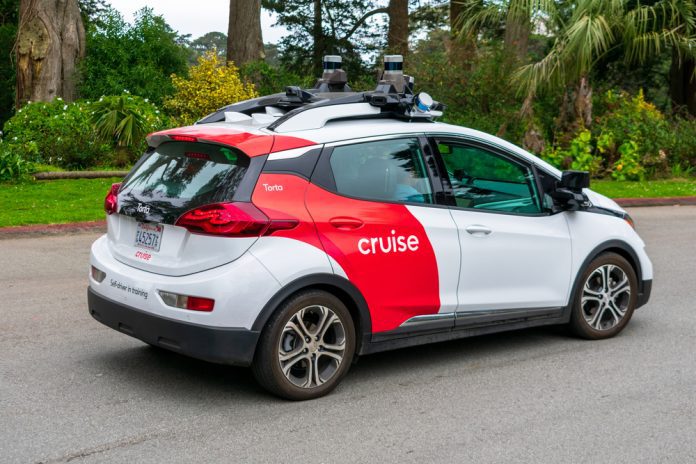More Americans felt less safe sharing the road with self-driving vehicles in 2023 than they did in 2022 after numerous reports of traffic incidents involving autonomous cars made the news.
According to a 2023 AAA survey of U.S. drivers, 68% of Americans are afraid of self-driving cars, an increase of 13% from 2022. Between 2020 and 2022, the percentage of survey respondents who felt uneasy toward autonomous vehicles either declined or remained flat year-over-year, making last year’s surge in anxiety all the more notable.
“We were not expecting such a dramatic decline in trust from previous years,” stated AAA director of automotive research Greg Bannon. “Although with the number high-profile crashes that have occurred from over-reliance on current vehicle technologies, this isn’t entirely surprising.”
Last year saw a dramatic increase in awareness of the potential risks associated with self-driving cars, largely due to media coverage of multiple traffic incidents. One of the most prominent cases involved robotaxi service Cruise, whose operations were suspended after one of its vehicles struck and dragged a pedestrian in October 2023.
Similarly, Tesla has faced extensive litigation over its two driver-assistance platforms, Autopilot and Full Self-Driving (FSD), which has also received media attention. Courts have so far sided with the electric vehicle brand against plaintiffs, some of whom argued the company’s marketing oversold the capabilities of its driver-assistance services, while others attributed crashes resulting in injury or death to Autopilot or FSD malfunctions.
However, research has also indicated that consumers feel safer toward self-driving vehicles after experiencing them first-hand. A study by J.D. Power published last October found that while only 20% of drivers were at ease sharing the road with autonomous vehicles, 47% of those who road in a robotaxi gained confidence in the technology. Only 2% of survey respondents lost confidence after their experience.



